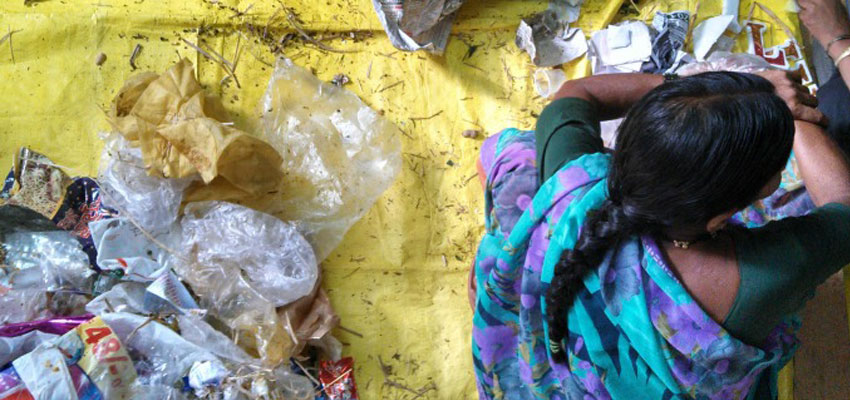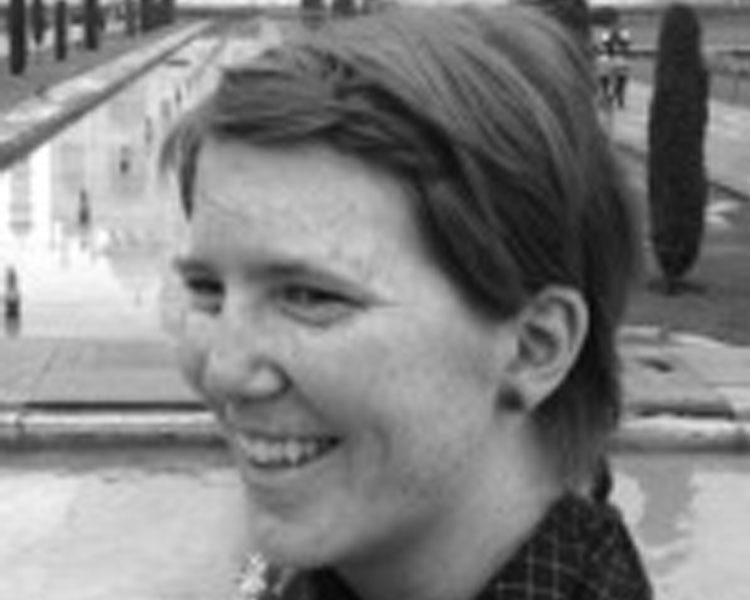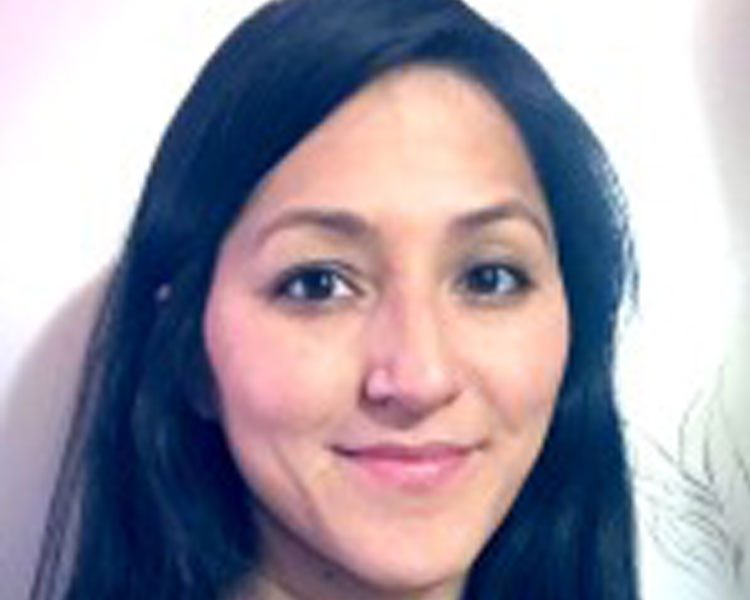
All of us, even the most careful consumers and conscientious recyclers among us, are waste generators. It is increasingly clear that places near and far can be affected by our waste and its management (or mismanagement).
This D-Lab: Waste class comes at a time when we, as a society, are learning more about our waste disposal chain and where our waste ultimately ends up — sometimes obscure places where no humans reside. Urban populations are increasing in many areas around the world, giving rise to an increase in the waste generated in urban areas, and making urban waste management a growing challenge for many city residents and governments. This is especially challenging in cities that are running out of space to store waste either because of environmental or human constraints.
For instance, during the D-Lab: Waste class tour to the Casella Southbridge Landfill in Massachusetts last year, we learned that given current policies, Massachusetts has a maximum of 12 years of landfill space remaining if all landfill extensions are approved. Meanwhile, around the world from MIT in Pune, India, residents near the landfill that holds the waste from that city have been protesting for its closure for years, while efforts to identify a new landfill have been repeatedly delayed much to the frustration of the residents. While these are two different cities, what we learn when diving into analysis of the global waste system, is how connected the world material market is and how that influences waste management in many areas of the world.
While there are formidable challenges in waste management, it is also exciting to see numerous innovators developing ways to decrease waste through the development of new materials, cradle to cradle waste systems, household recycling through bicycle collection, and inclusive waste management systems, which affect a large number of people who earn their income through recycling. These are the types of topics we explore in the D-Lab: Waste course.
Through a series of exercises, guest speakers, lectures, field trips, and collaborative waste projects, this course explores the complexities and opportunities in waste management and our personal relationship with waste. D-Lab: Waste provides a space for students to learn about material flows, actors, waste processes and policy — while also giving students a chance to apply their education to something practical through work with a community partner.
This is the fifth year D-Lab: Waste has been offered and each year students share and explore their unique interests on waste over the course of the semester. Students will have the opportunity to collaborate with a community partner or to identify their own project. Last year, students in the class researched and developed projects including:
- A visually engaging educational toolkit to show kids how composting works.
- Market research for the development of a line of condensed consumer products (shampoos, conditioners, body wash, etc.) in the United States to save on water weight.
- A sensor for managing lab waste at MIT in more real time.
This year, we’re looking forward to having students collaborate with on semester-long projects including:
- Improved waste management in Versalles, Colombia (with IDDS Zero Waste, Colombia organizer)
- Pilot of the supply and demand of materials in Brazil and Nicaragua (with the the MIT Practical Impact Alliance working group on Food Loss and Waste)
- Tracing electronic waste streams in Nairobi to develop an e-waste supply chain (African-Born 3D printing)
If you’re interested in waste, join us for the class or follow along as we blog about the classwork!



